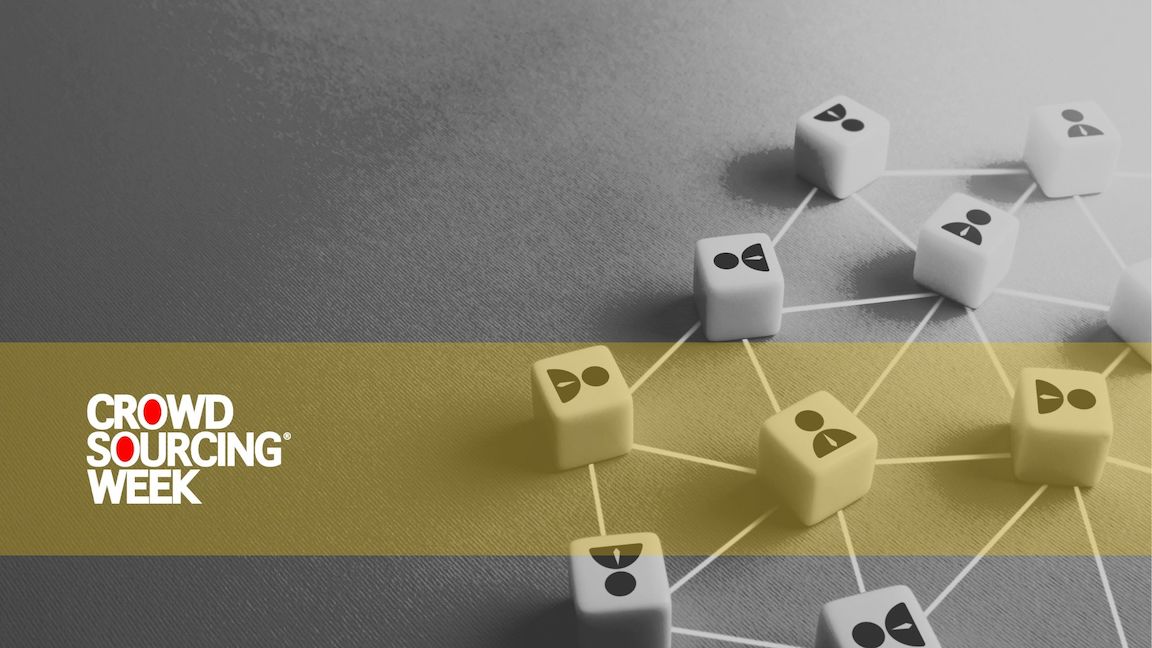Crowdsourcing can be a powerful tool for decentralization because it allows for the distribution of tasks and decision-making to a large group of people, rather than relying on a centralized authority. The benefits of crowdsourced decentralization include a greater diversity of input and ideas, outcomes are less prone to bias – whether conscious or not, and it can accelerate achieving results through on-demand access to contributors.
4 ways crowdsourcing can promote decentralization
Decentralization empowers individuals, harnesses collective intelligence, promotes transparency and accountability, and reduces reliance on centralized authorities.
Empowering individuals
By allowing individuals to participate in decision-making and problem-solving processes, crowdsourcing can give people a sense of empowerment and ownership over the outcome. This can be especially powerful in situations where people feel disenfranchised or disempowered by traditional power structures.
Harnessing collective intelligence
By tapping into the knowledge and expertise of a large group of people, crowdsourcing can help to generate innovative solutions to complex problems. This can be especially useful in situations where traditional decision-making processes have failed to produce satisfactory outcomes.
Promoting transparency and accountability
By making the decision-making process more transparent and involving a broader range of stakeholders, crowdsourcing can help to promote accountability and reduce the risk of corruption or abuse of power.
Reducing reliance on centralized authorities
By distributing tasks and decision-making to a large group of people, crowdsourced decentralization can help to reduce reliance on centralized authorities and promote more decentralized forms of governance.
Increasing resilience and flexibility
Decentralization can increase resilience and flexibility by distributing power and decision-making to multiple nodes in a network, rather than relying on a single point of (potential) failure. This can help to reduce the risk of disruption and enable faster recovery in the face of crises.
Which companies are driving crowdsourced decentralization?
Here are five examples of companies that are providing tools to drive decentralization through their products, services, and business models. There are many others, including Bitcoin, Filecoin, IPFS, and more, that are also playing important roles in the crowdsourced decentralization movement.
Ethereum
Ethereum is a blockchain-based platform that enables developers to create decentralized applications (dApps) using smart contracts. The platform has played a significant role in promoting the adoption of decentralized technologies and has inspired the development of other blockchain-based platforms.
Brave
Brave is a privacy-focused web browser that blocks ads and trackers and rewards users with its own cryptocurrency, BAT (Basic Attention Token), for viewing ads. The browser uses blockchain technology to enable secure, decentralized micropayments between advertisers, publishers, and users.
Gitcoin
Gitcoin is a decentralized platform for funding open-source software development. The platform uses blockchain technology to enable secure, decentralized crowdfunding of software projects, and provides tools for project management, collaboration, and community building.
Uniswap
Uniswap is a decentralized exchange (DEX) for trading cryptocurrencies. The platform uses an automated market maker (AMM) system to enable peer-to-peer trading without a need for intermediaries or centralized order books.
Arweave
Arweave is a decentralized storage network that uses blockchain technology to enable permanent, tamper-proof storage of data. The platform provides an alternative to centralized cloud storage services, which can be vulnerable to censorship, surveillance, and data breaches.
These are just a few examples of companies that are driving decentralization through their products, tools and services.
Key takeaways
Crowdsourcing decentralization can bring a range of benefits, including increased transparency and accountability, greater participation and inclusion, more efficient resource allocation, enhanced innovation and creativity, and increased resilience and flexibility.
However, it is important to note that decentralization also comes with its own challenges and trade-offs, such as coordination costs, governance issues, and the need for appropriate incentives and mechanisms to ensure cooperation and coordination among stakeholders.





0 Comments